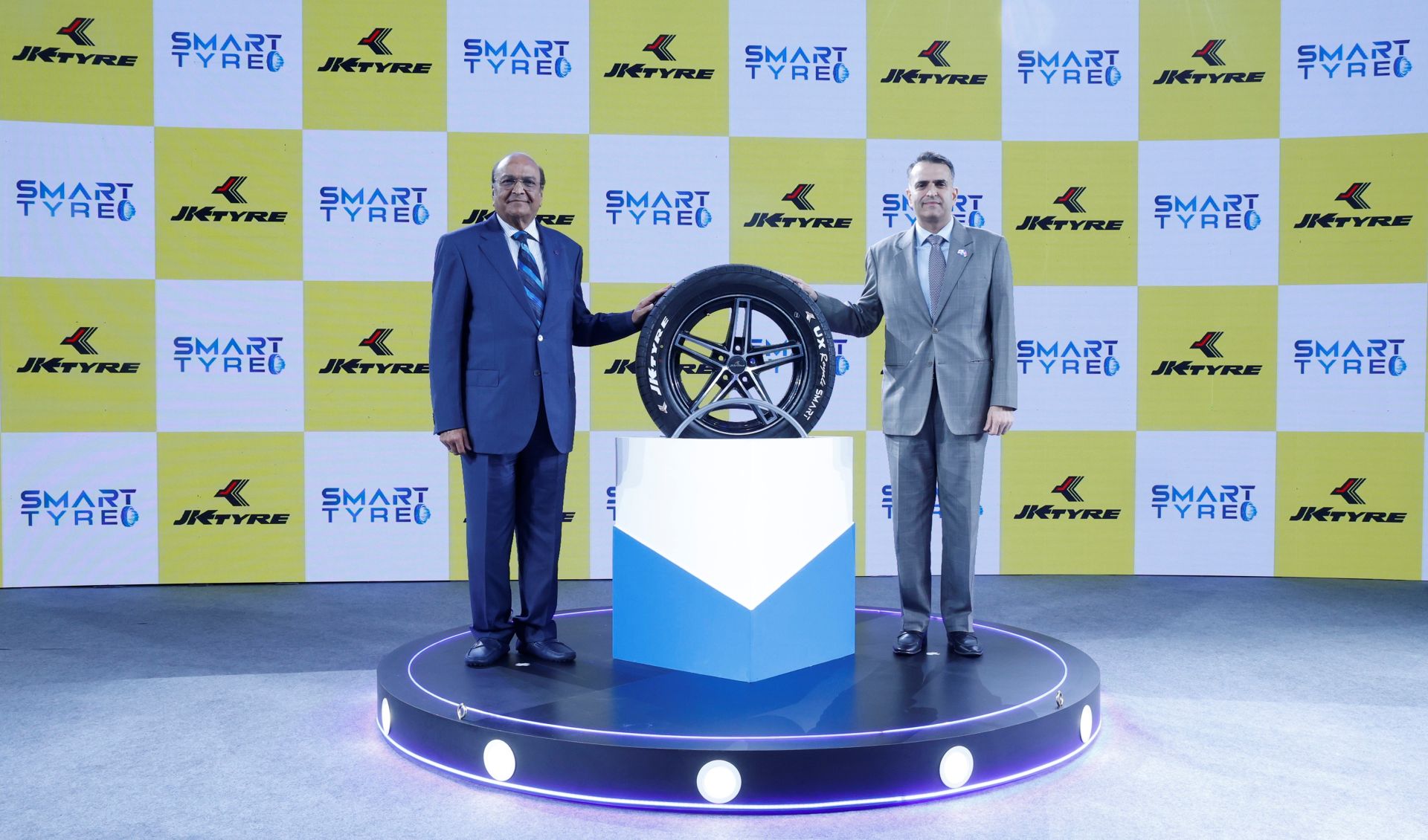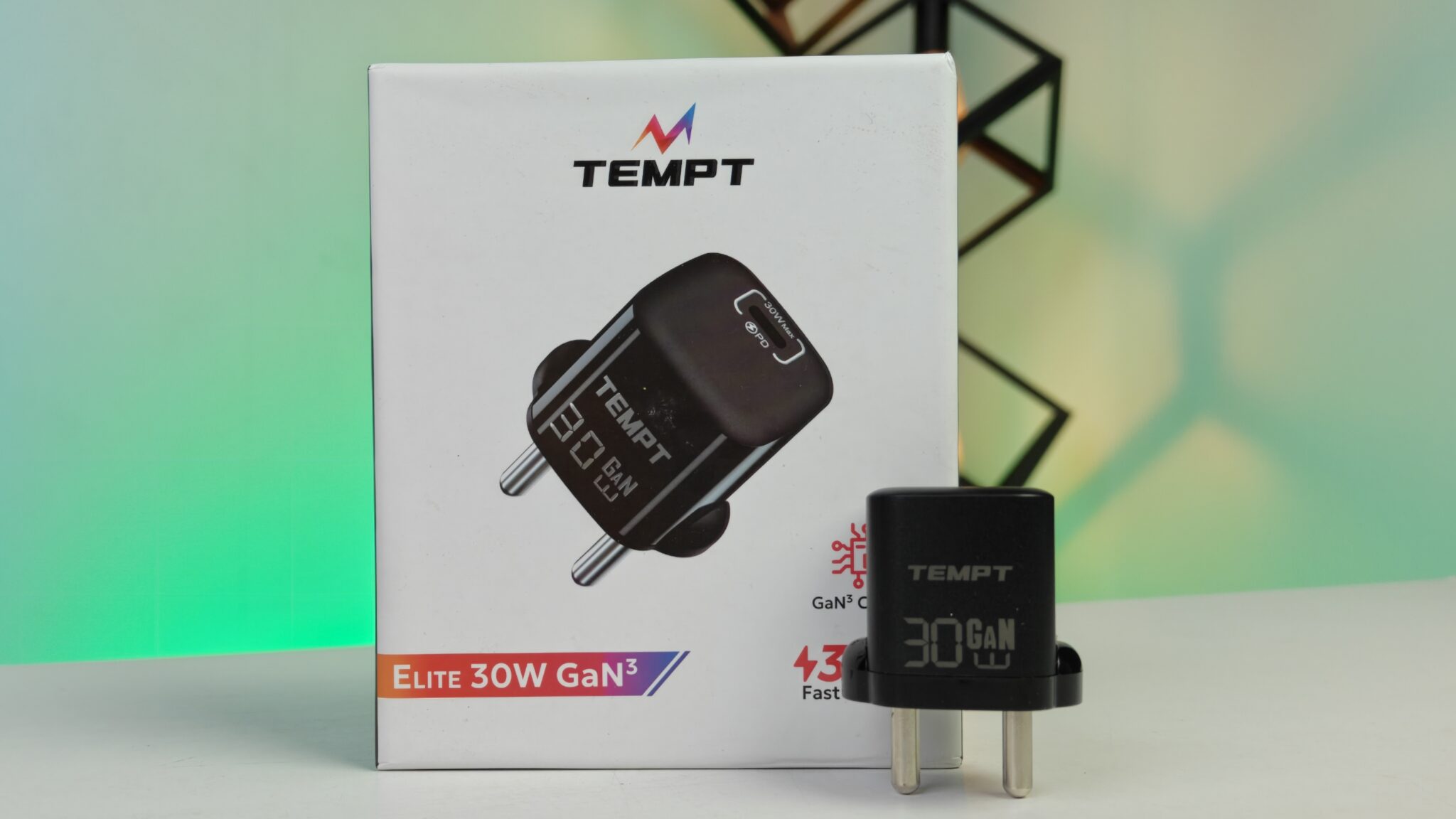JK Tyre & Industries Ltd. has taken a major step forward in automotive technology with the launch of India’s first Embedded Smart Tyres for passenger cars, unveiled on November 10, 2025. Unlike conventional tyres, these come with sensors integrated directly into the tyre’s inner body. The built-in sensors continuously monitor critical data such as air pressure, temperature, and potential air leaks. All of this information is relayed to the driver instantly, enhancing safety and helping maintain optimal vehicle performance.
Key Takeaways
- What it is: A new generation of passenger car tyres from JK Tyre featuring sensors embedded within the tyre’s body.
- What it does: Continuously monitors pressure, temperature, and air leaks, providing real-time updates to the driver.
- Why it matters: Aims to boost driver safety by offering early warnings of possible tyre issues while also improving fuel efficiency and extending tyre life.
- Availability: The tyres will be available in the aftermarket for wheel sizes ranging from 14 to 17 inches.
- Local Manufacturing: Developed in-house and produced at JK Tyre’s Banmore facility in Madhya Pradesh, this innovation aligns with the government’s Make in India initiative.
This new product represents a clear evolution from existing tyre safety systems. Most cars today use a Tyre Pressure Monitoring System (TPMS), which typically comes in two types—indirect and direct.
An indirect TPMS uses the car’s anti-lock braking system (ABS) sensors to estimate if a tyre is underinflated by comparing wheel rotation speeds. While it’s cost-effective, it’s not always accurate. On the other hand, a direct TPMS (dTPMS) uses battery-powered sensors mounted on the valve stems inside each wheel to measure actual tyre pressure and temperature.
JK Tyre’s new system takes things further. Here, the sensor isn’t just attached to the valve-it’s built into the tyre itself during manufacturing. This deeper integration allows the sensor to capture more detailed and consistent data from within the tyre’s core, resulting in a more accurate understanding of its overall health.
Why This Matters for Drivers
The biggest advantage, naturally, is safety. Tyres running low on air or overheating are among the leading causes of blowouts and road accidents. With real-time alerts, drivers can act before a small issue turns into something serious.
There’s also a strong economic benefit. Properly inflated tyres reduce rolling resistance, which means the engine doesn’t have to work as hard. This directly improves fuel efficiency and helps lower running costs over time. Moreover, maintaining correct air pressure ensures more uniform tyre wear, extending the life of the tyres and saving money in the long run.
At the launch event in New Delhi, Dr. Raghupati Singhania, Chairman & Managing Director of JK Tyre & Industries Ltd., called the launch a defining moment for the company. He noted that by integrating intelligence directly into the tyre, JK Tyre is enabling safer, more efficient driving experiences for customers across India.
This isn’t JK Tyre’s first venture into smart tyre technology. Back in 2019, the company introduced its SMART Tyre line using TREEL sensors-a direct TPMS solution that could be retrofitted onto wheels and paired with a mobile app. The 2025 embedded smart tyres build on that foundation but take a more advanced approach by incorporating the sensor right into the tyre’s construction, creating a unified, fully integrated product.
Related FAQs
Q1: What is an embedded smart tyre?
A1: An embedded smart tyre is one that has sensors built directly into its structure during manufacturing. These sensors track internal conditions like air pressure and temperature continuously.
Q2: How is this different from the TPMS already in my car?
A2: Conventional TPMS sensors are usually attached to the valve stems inside the wheel rim. JK Tyre’s embedded sensors, however, are part of the tyre’s internal structure itself, making the system more durable and precise.
Q3: What are the main benefits of using these smart tyres?
A3: Improved Safety: Instant alerts for low pressure or high temperatures help prevent accidents.
Q4: Better Fuel Economy: Proper inflation reduces fuel consumption.
A4: Longer Tyre Life: Even wear extends tyre lifespan and reduces maintenance costs.
Q5: When can I buy these JK Embedded Smart Tyres?
A5: They will be available soon through JK Tyre dealerships across India, initially for wheel sizes between 14 and 17 inches.
Q6: Is this technology new?
A6: While TPMS and smart tyre systems have existed for some time, embedding sensors inside the tyre structure for passenger cars is a first for India. With this innovation, JK Tyre becomes the first Indian company to introduce such advanced tyre technology to the domestic market.



















